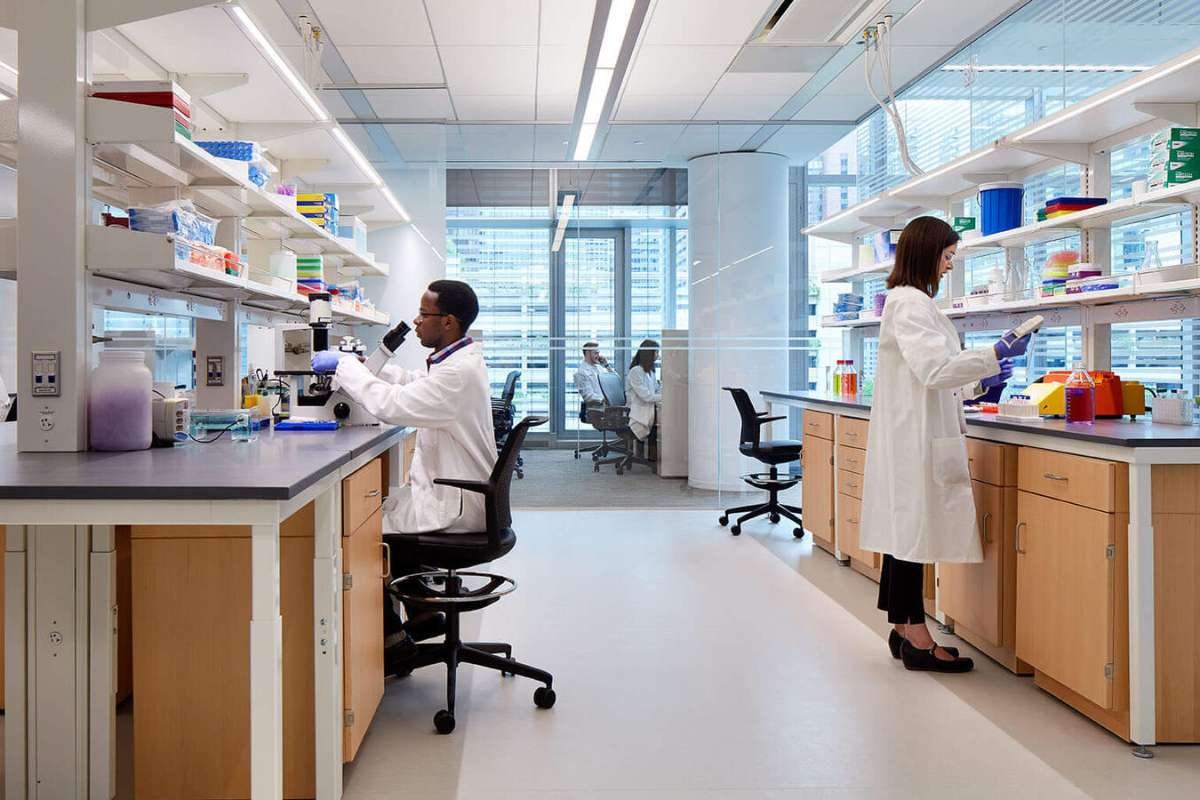Chicagoland is emerging as a rising star in the life sciences sector, according to industry leaders and recent research. Though not on par with established biotech hubs like Boston or San Francisco, the area is gaining momentum as a potential growth spot for life sciences businesses.
Growing Chicago’s Life Sciences Ecosystem
The Chicago metropolitan area, often referred to as Chicagoland, continues to make strides in the life sciences field. While it may not yet rival major hubs like Boston and the San Francisco Bay Area, the region is seeing increasing attention for its potential. According to a September 2024 report from Cushman & Wakefield, the area is forecasted to become a key growth market for life sciences in the coming years. Chicago, part of the BioMidwest Hotbed, already hosts prominent companies like Astellas Pharma and AbbVie.
Recent developments have boosted Chicago’s life sciences ecosystem, with substantial investments and the launch of the Chan Zuckerberg Biohub Chicago in late 2023. This biomedical research center, along with various funding and mentorship programs, has fueled expansion in the sector. The Chicago Biomedical Consortium (CBC) plays a pivotal role in fostering collaboration among local research institutions, such as Northwestern University and the University of Chicago. Its Entrepreneurial Fellows Award program helps junior researchers advance translational projects, positioning the region to nurture biotech startups. The CBC’s Michelle Hoffmann acknowledges that while Chicago’s life sciences scene is still growing, it offers significant potential for innovation in the field.
Innovation at the Intersection of Engineering and Medicine
The Chicago area’s appeal in life sciences lies in its unique combination of engineering expertise and cutting-edge medical research. Hoffmann, the CBC’s executive director, describes Illinois as a place where “engineering meets medicine.” The state boasts top-tier biologists and research institutions with strengths in artificial intelligence and data science. For instance, the University of Illinois Urbana-Champaign is known for its renowned computer science program, and the University of Chicago has experts like Ian Foster, a leader in distributed computing.
This blend of computational expertise and engineering is seen as a key driver for advancing biotechnology in the region. Hoffmann believes that combining these strengths with local engineering talent will lead to the next generation of biotech innovations, positioning Chicagoland as a rising player in the global life sciences landscape.
Chicagoland’s Talent Pool and Funding Landscape
Chicagoland’s talent pool has also garnered praise from industry leaders. Dannielle Appelhans, CEO of COUR Pharmaceuticals, a biotech company based in Skokie, highlights the region’s robust workforce. The Chicago suburbs offer a steady influx of skilled professionals from universities and established companies, many of whom are highly motivated and entrepreneurial. A June 2024 report by CBRE ranks the Chicago market among the top areas in the U.S. for both manufacturing and research & development talent.
Appelhans points out that the Chicago area offers a competitive advantage in talent retention, with employees attracted to the region’s more affordable cost of living compared to pricier biotech hubs like Cambridge, Massachusetts. However, there are challenges, particularly in access to capital and experienced management teams. While funding for later-stage ventures is available, early-stage funding remains a significant hurdle. Hoffmann suggests that Chicago’s funding ecosystem needs further development to support seed-stage companies, but she remains optimistic about the region’s growth potential.
Despite these challenges, the region’s infrastructure, innovation, and supportive community are key reasons why life sciences entrepreneurs are looking to Chicagoland. Both Hoffmann and Appelhans emphasize that the area offers ample growth opportunities and is an attractive location for businesses looking to thrive in the coming decade.







